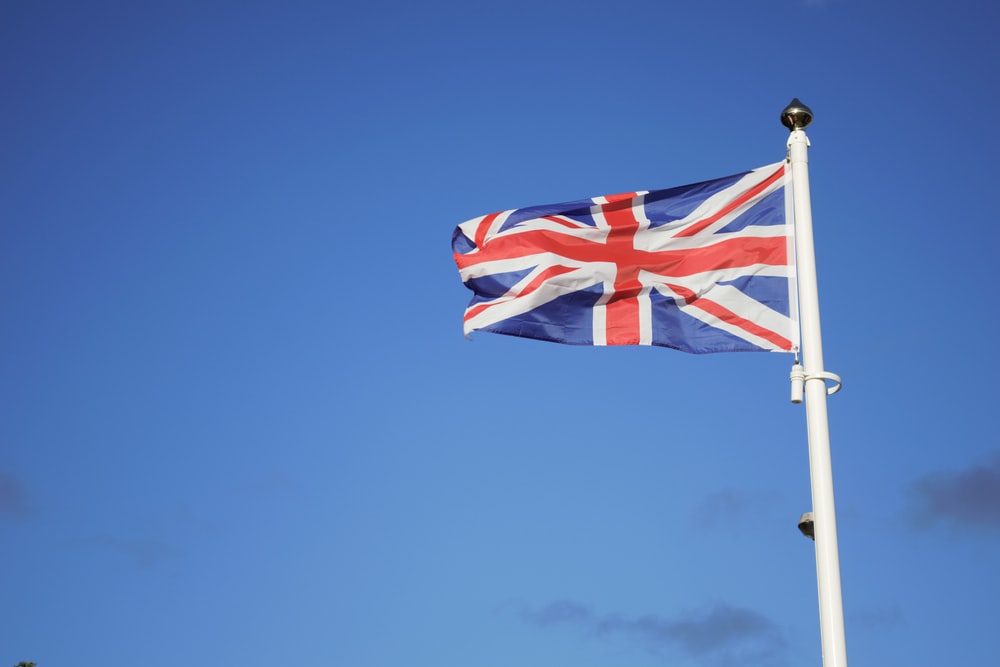In the wake of Brexit, the United Kingdom revamped its immigration process and systems for EU citizens. As of 31 December 2020, free movement between the UK and the EU ended, and now there are new arrangements in place for EU citizens who want to travel to, work, or live in the UK.
In this article, we will outline everything you need to know about post-Brexit immigration in the UK. By the end, you will have a better understanding of the points-based system for skilled workers, the visa application process, and immigration routes for students and married couples.
Visa Application Process
In the wake of Brexit, new immigration routes have been developed for applicants who want to work, study, or live in the UK. While you can apply for this visa online, upon applying, you will be asked to provide biometric information. The process for providing biometric information is slightly different depending on where you currently hold citizenship.
For citizens of the European Union (EU), the European Economic Area (EEA), and Switzerland, the visa application process involves providing a digital photograph of your face using a smartphone application. Notably, you will not have to get your fingerprints scanned.
On the other hand, Non-EU citizens will have to submit scans of their fingerprints and a photograph of their face at an overseas visa application centre.
Points-Based System for Skilled Workers
The UK has developed a points-based system for skilled workers to immigrate to the UK as long as they have received a job offer from an approved sponsor or employer.
For the points-based system to apply, you will need to be offered a job at a skill level of RQF3 or above. Notably, it is also necessary for the applicant to speak English, or else they will not be able to apply. Moreover, the applicant must be paid the relevant salary threshold by their sponsor, which is either the going rate of your job or the general threshold of £25,600, whichever happens, to be higher.
Learn more about the UK’s points-based system here.
International Students and Graduates
Along with skilled workers routes, student visa routes have also been developed for EU, EEA, and Swiss citizens who want to apply for a visa to study in the UK. As of the beginning of 2021, a student can apply for a visa to study in the UK if:
- The student has been offered a place in a course
- The student can speak, read, write, and understand English
- The student has enough money to support themselves and pay the course fee
Marriage Visitor Visa
If you want to visit the UK to get married or register a civil partnership, you will have to apply for a Marriage Visitor Visa. You must apply for a marriage visitor visa even if you or your family are citizens of the European Union, Switzerland, Norway, Iceland, or Liechtenstein.
Final Words
In a post-Brexit world, the United Kingdom has almost entirely revamped its immigration systems and regulations. The new application process includes routes for students and graduates, married couples, and skilled workers, for whom a points-based system has been developed.


